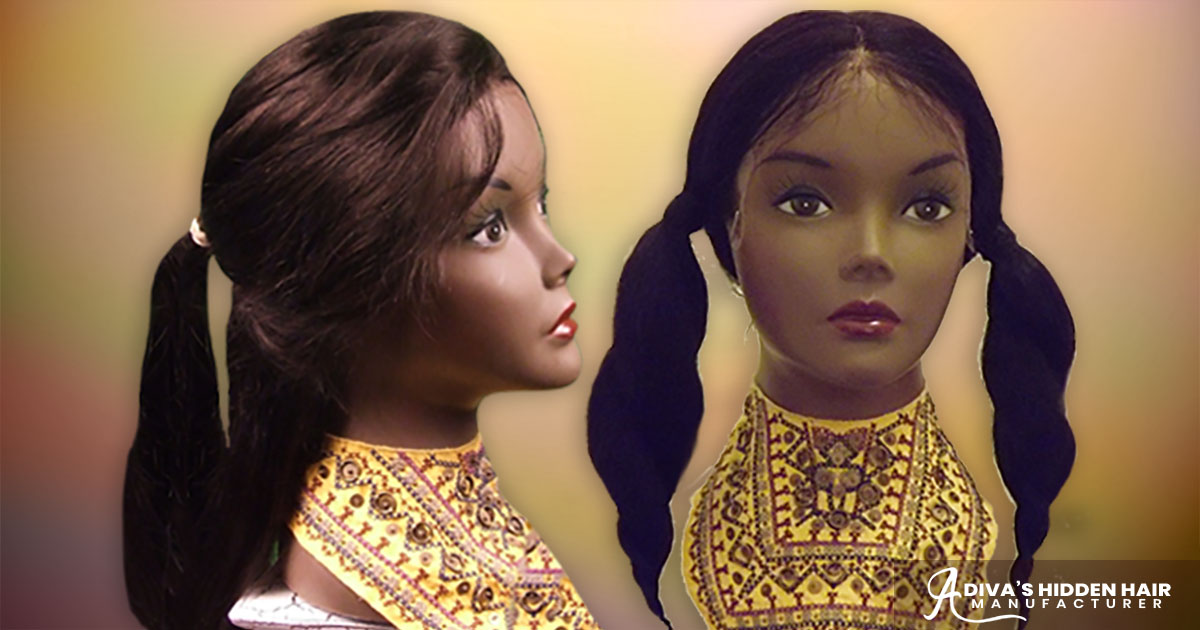
Although more common in older men, hair loss can happen to anyone at any age. Children hair loss is a real issue. There are different causes ranging from telogen effluvium to cancer treatment. If you’re concerned about children hair loss then you should seek advice from your doctor as soon as possible. In the meantime, here are some common causes to give you a better understanding of child hair loss.
Telogen Effluvium
A fairly common cause of children hair loss is telogen effluvium, which can also happen in adults. This condition is generally brought on by sudden or extreme stress or illness. High fevers, surgery under general anesthetic, or a severe injury can all cause telogen effluvium. Stress or illness can interrupt the hair growth cycle, causing shedding, hair loss and even baldness. There is currently no treatment for telogen effluvium. In most cases the hair will grow back once the stressful situation has passed. Children can become more stressed when losing their hair, so consider a temporary solution in the meantime.
Ringworm of the Scalp
Also known as tinea capitis, ringworm of the scalp is quite a well-known cause of children hair loss. Tinea capitis is a fungal infection that is contagious, so is usually caught from another child at school or nursery. The first signs tend to be scaly patches on the head, with hairs then breaking off from the surface of the skin. Treatment is given in the form of an oral anti-fungal and/or an anti fungal shampoo.
Alopecia Areata
Alopecia areata is a non-contagious condition that causes hair loss in children. You may first notice round or oval hair loss patches, without scaling or any broken hairs. These smooth patches can eventually spread across the entire scalp and even across the body (alopecia totalis). There is no cure for alopecia. But there are ways to help alleviate the symptoms and encourage hair growth again. However, these treatments do not always work and hair loss can return time after time.
Cancer Treatments
Some people think that cancer can cause hair loss in children. It is actually the treatments used that can contribute to shedding and balding. Chemotherapy and radiotherapy both have hair loss as a potential side effect, also known as anagen effluvium. With thousands of children being diagnosed with cancer every year, this can be a very real and distressing problem. In most cases, hair will grow back once the treatment has stopped.
The difficulty with children hair loss is that it can be harder for them to understand what’s happening to them. This can cause feelings of isolation and embarrassment, even when the hair is growing back. A Diva’s Hidden Hair understands that child hair loss is a delicate subject, so get in contact and we will let you know how we can help.
You may also enjoy reading: Exactly How Does Non-Surgical Hair Replacement Work?





